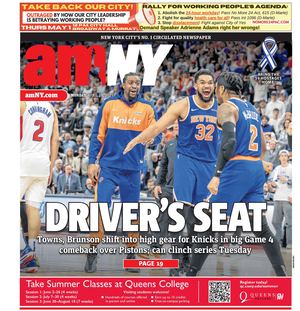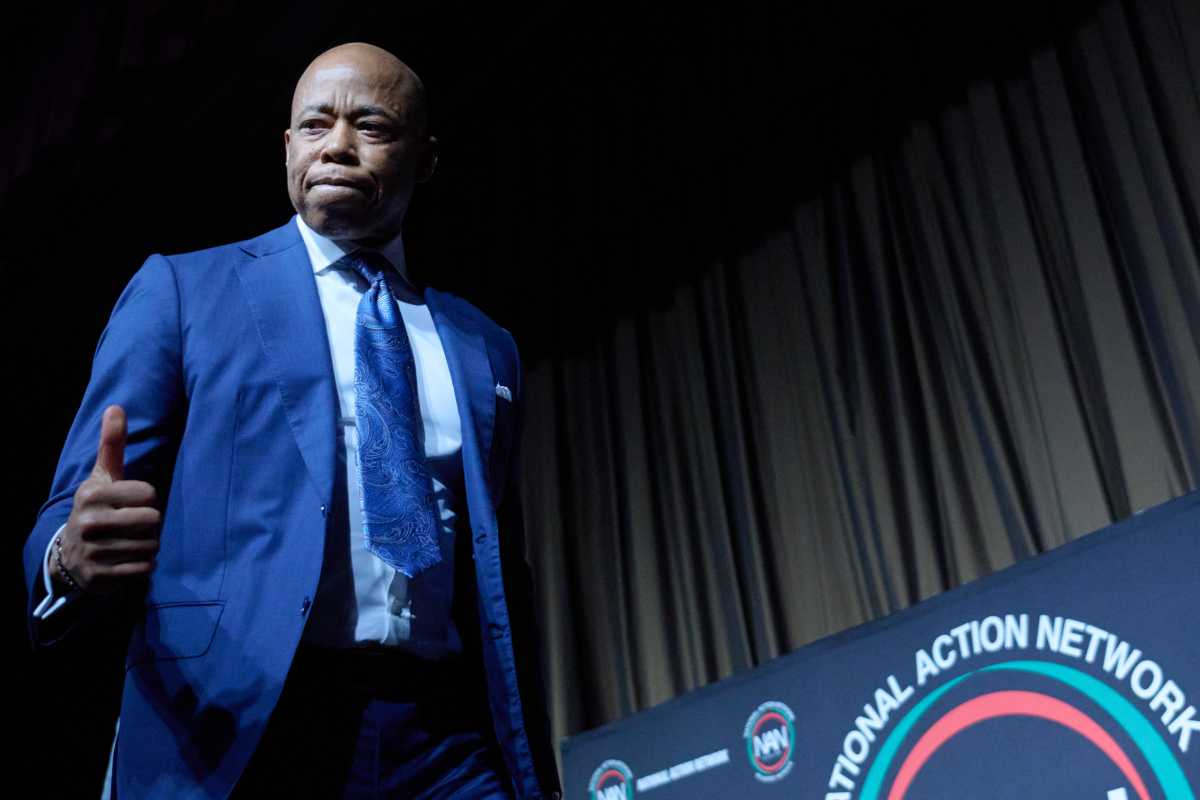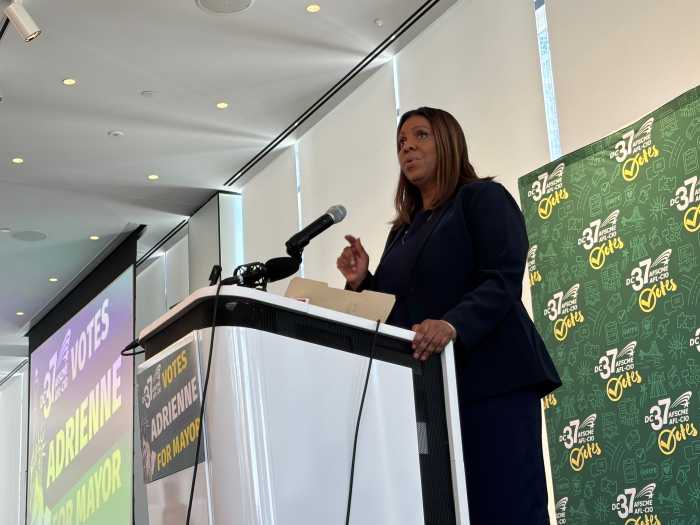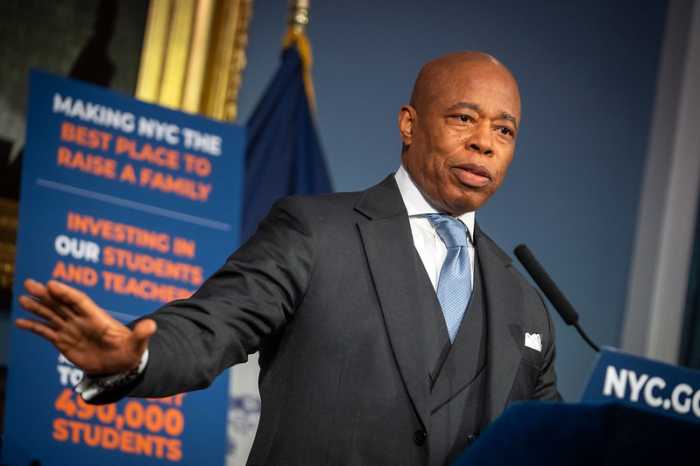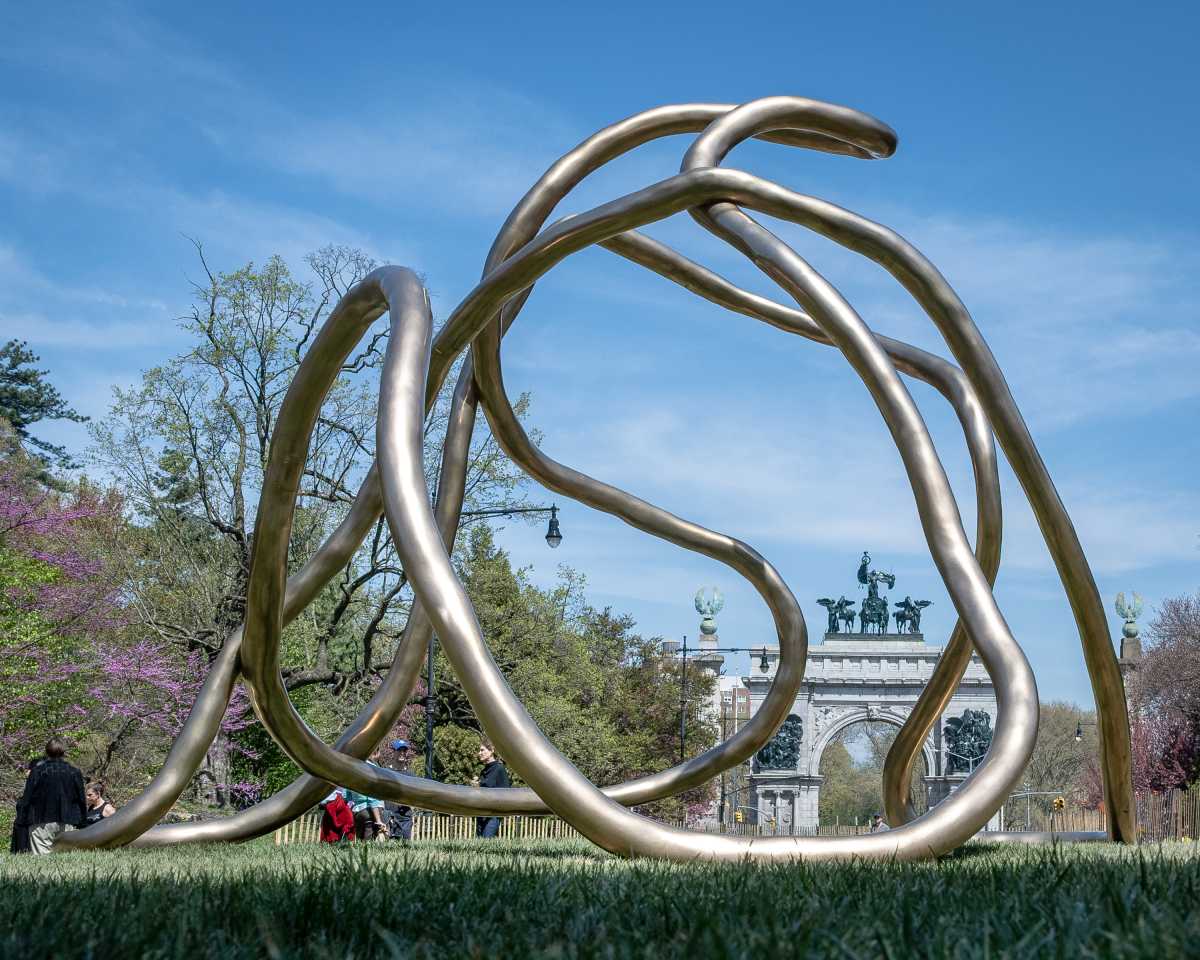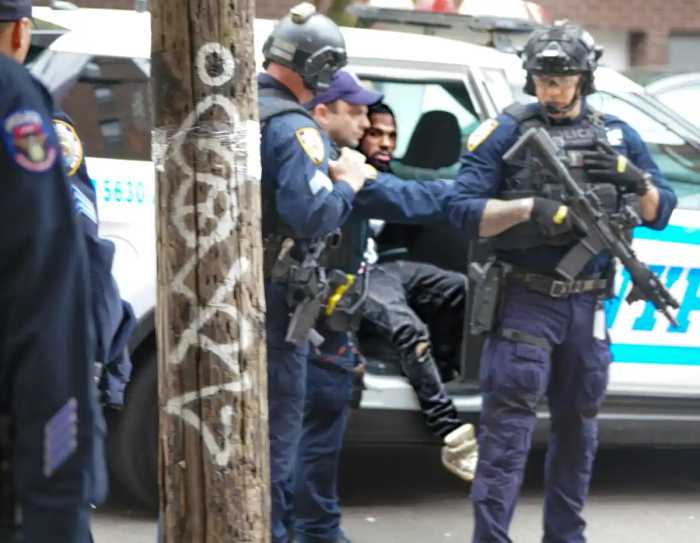Mayor Eric Adams’ decision last week to run as an independent rather than duke it out in a crowded Democratic primary may have revived his re-election effort — but his bid to secure another four years in City Hall still faces long odds.
After weeks of speculation, Adams revealed last Thursday that he will no longer seek the Democratic nomination and instead attempt to win another term as an independent in the November general election. His announcement came less than 24 hours after a federal judge threw out his five-count corruption indictment with prejudice, meaning the Justice Department cannot resurrect the charges.
However, while Federal District Judge Dale Ho dismissed Adams’ case, his ruling served as a searing indictment of Trump’s DOJ over its rationale for dropping the charges. He also appeared to agree with allegations that Adams’ attorneys exchanged his cooperation with Trump’s immigration crackdown for scuttling his case.
The mayor insists that while he is no longer running in the June 24 primary, he remains a Democrat. During a Friday morning interview on Pix11, Adams said he was ready to jump into the contentious Democratic showdown, but was delayed by how long it took for Judge Ho to drop his case.
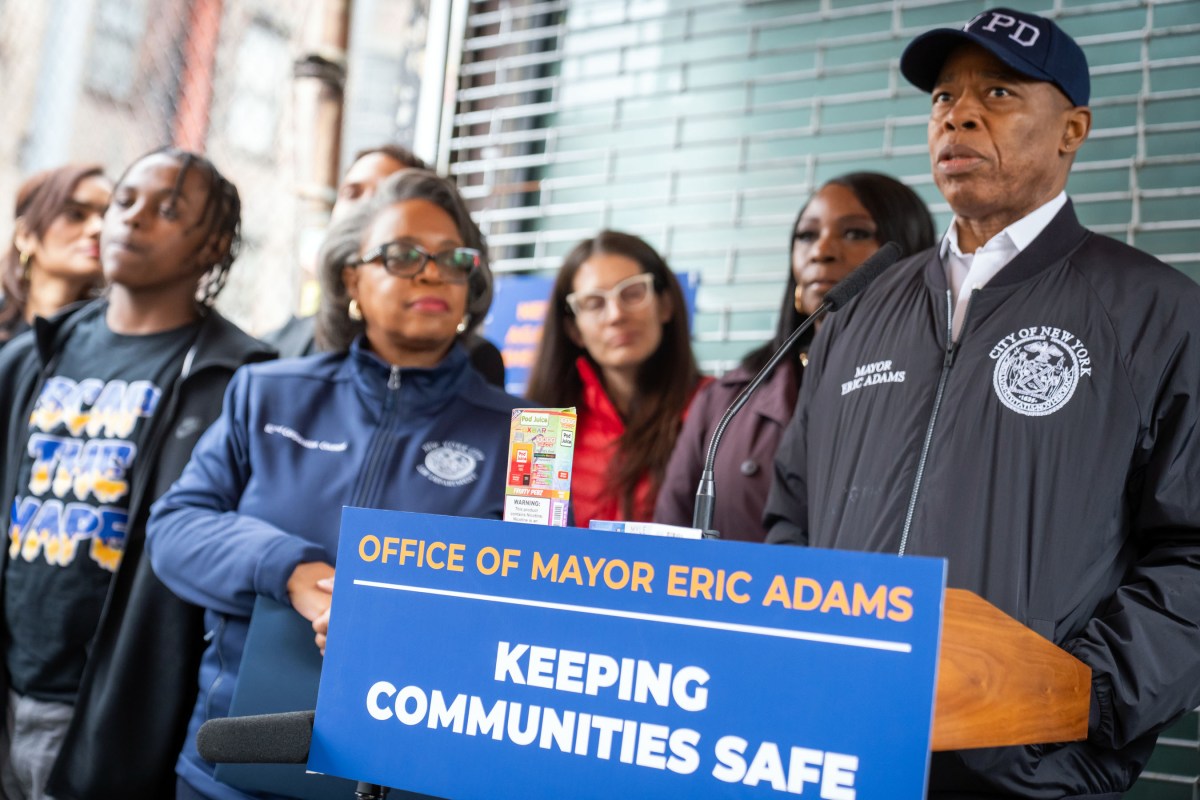
Adams also claimed that the move was not motivated by former Gov. Andrew Cuomo’s significant lead in the polls and his recent fundraising struggles.
“I’m still a Democrat. I will be running on an independent line, and no, it had nothing to do with polling,” Adams said. “It is about getting my message out and continuing the work that we have accomplished.”
New energy, same challenges
Political scientist John Mollenkopf said Adams’ independent run gave the incumbent mayor a chance at re-election he no longer had in the Democratic primary.
“It gives his campaign new life because I think there was zero life in running in the Democratic primary,” Mollenkopf said.
But the move is far from a sure bet, according to Mollenkopf and other political observers.
Joseph Viteritti, a Hunter College public policy professor, said Adams is giving himself some breathing room to bounce back from his record-low poll numbers and struggles to raise campaign cash. Nonetheless, his path to a second term remains unclear.
“He gives himself three more months to prepare, which he needs to do because he hasn’t been campaigning very much and hasn’t raised very much money,” Viteritti said. “It’s still an uphill fight for him, because his approval ratings are at record lows and they haven’t moved.”
An Emerson College/Pix11/The Hill poll released late last month found that Adams would lose a hypothetical four-way general election matchup. The matchup included former Gov. Andrew Cuomo as the Democratic nominee, Curtis Sliwa on the GOP line, and attorney Jim Walden as another independent. The survey showed Cuomo winning with 43% of the vote and Adams coming in third behind Sliwa with 11%.
A separate poll of Democratic primary voters last month by The Honan Group found that only 10% of those surveyed said they would be open to supporting an Adams independent run.
Adams, the Cuomo spoiler?
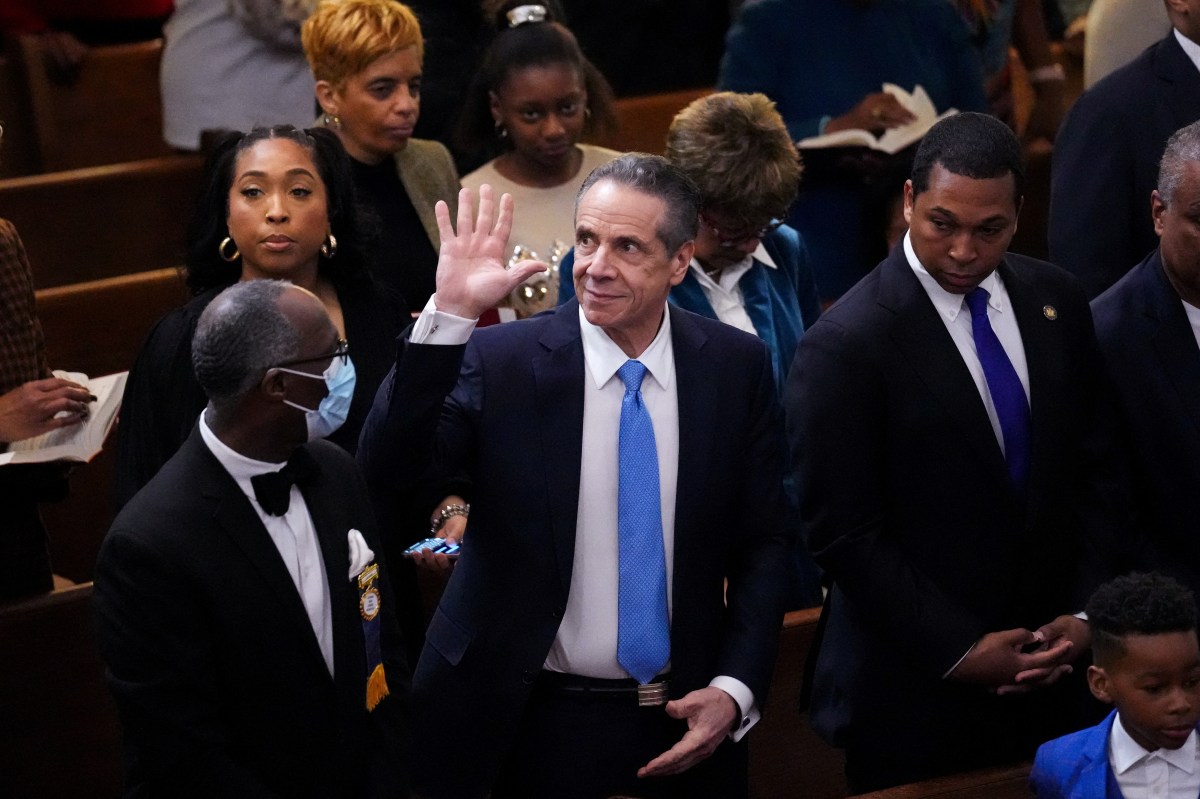
Complicating matters even further for Adams and the rest of a prospective general election field is the New York Working Families Party’s revelation that it would likely run its own candidate in November rather than backing Cuomo if he wins the primary.
In that scenario, Mollenkopf said, Adams probably still would not win — but could stand in the way of Cuomo coming out on top.
“That would make for a super interesting general election because Cuomo and Adams would be competing for the same votes and I don’t think Cuomo can will without the Black community,” Mollenkopf said. “I still don’t think that Adams would win in a situation like that, but he would be more competitive in that situation than he would be in a Democratic primary.”
Viteritti said the mayor may also be trying to appeal to Republican voters with his independent bid, which was evident by him promoting Trump FBI Director Kash Patel’s book soon after Ho dismissed his indictment.
Aligning oneself with Trump in New York City, however, may not be a winning strategy, he said.
“He seems to be attaching his future to Donald Trump, which I don’t think is a good bet in New York, especially,” Viteritti said. “I think lots of people are going to have problems supporting a Trump-identified candidate.”
The Lindsay method
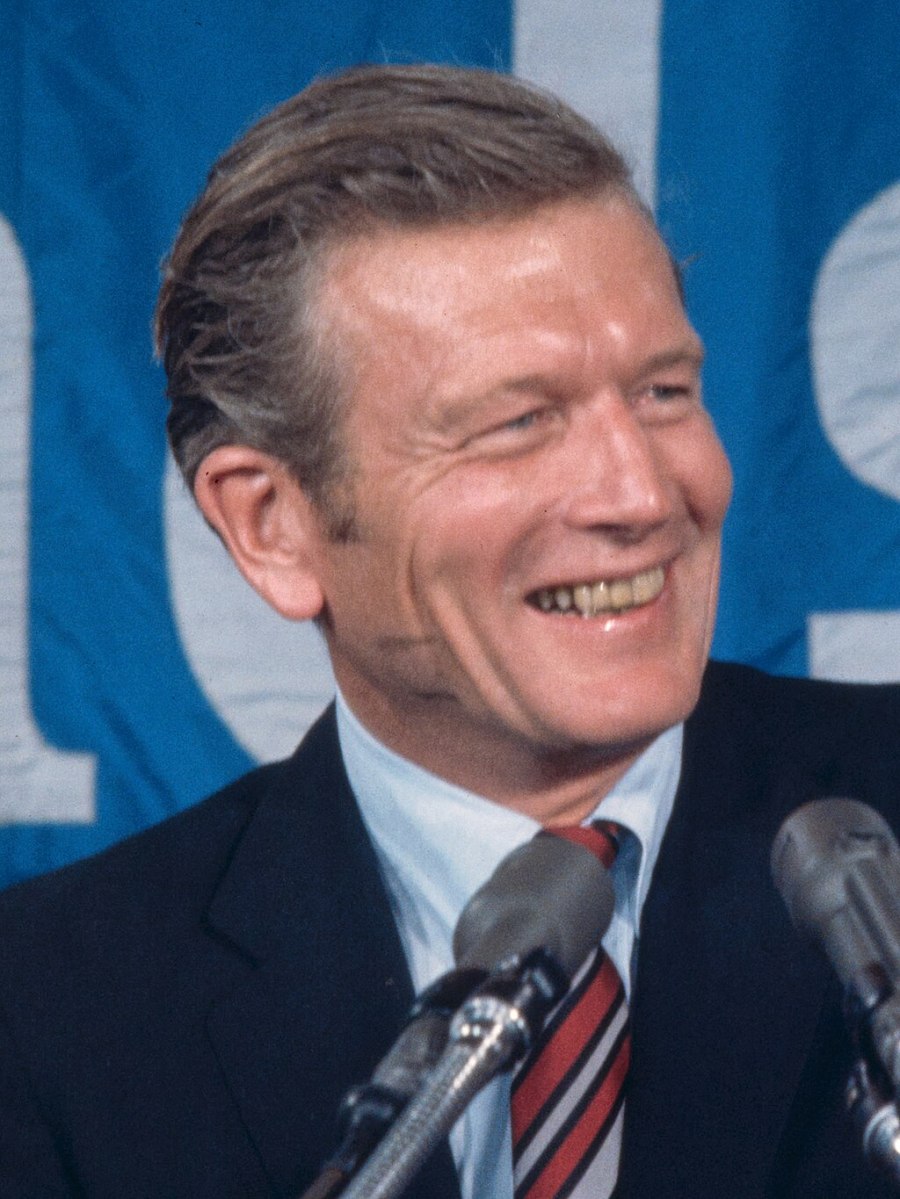
Adams is following the path of late former Mayor John Lindsay, who successfully won re-election as an independent in 1969 after losing the Republican primary. Lindsay ran in the general election on the Liberal Party line, a full-fledged party that supported his campaign.
Like Lindsay, Adams is an incumbent who decided to run as an independent after losing popularity, Viteritti said. But Lindsay was in a stronger position than Adams is now.
“Even though a lot of people were dissatisfied with the way Lindsay was moving the city in a left direction, I don’t think he has the popularity issues that Adams has,” Viteritti said. “Formally, he’s gotten the legal issues behind them, but from a public relations perspective, those issues will continue to haunt him.”
